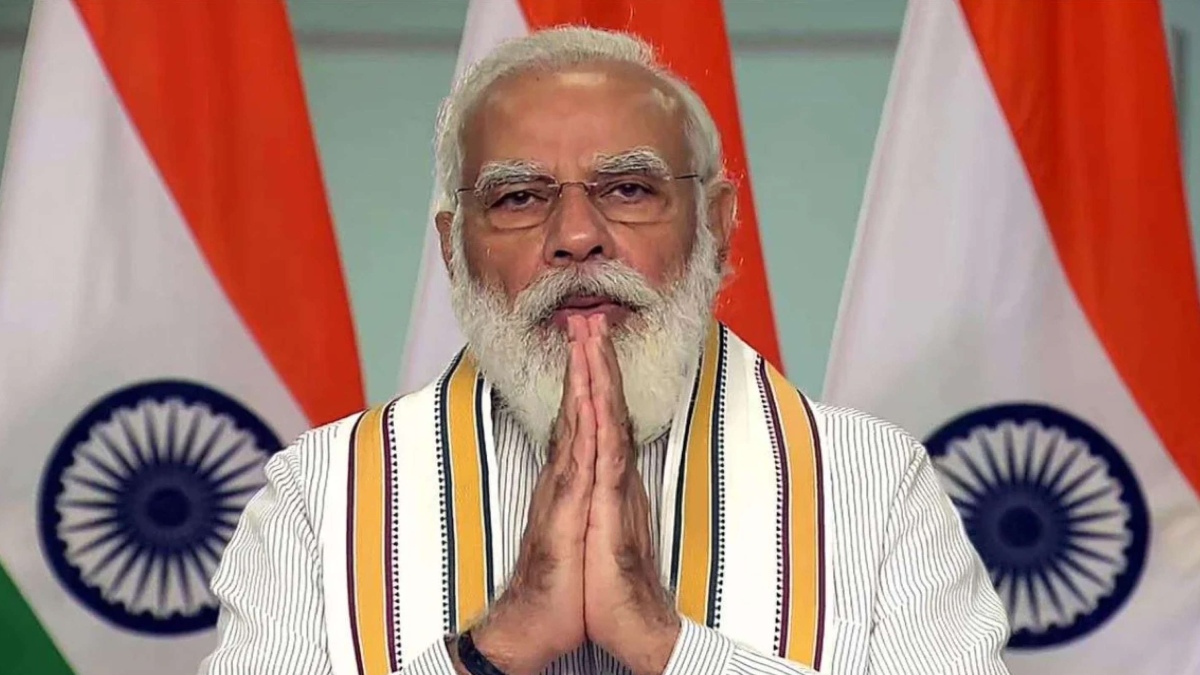Prime Minister Narendra Modi on Monday said that land degradation poses a special challenge to the developing world and it was the world’s sacred duty to leave a healthy planet for future generations.
Addressing UN ‘High-Level Dialogue on Desertification, Land Degradation and Drought’, he said India is working towards restoring 26 million hectares of degraded land by 2030. The Prime Minister spoke at the opening segment in his capacity as the President of the 14th Session of the Conference of Parties of the United Nations Convention to Combat Desertification (UNCCD).
“Land degradation poses a special challenge to the developing world. In the spirit of South-South Cooperation, India is assisting fellow developing countries to develop land restoration strategies. A centre of excellence is being set up in India to promote a scientific approach towards land degradation issues,” the Prime Minister said.
“It is mankind’s collective responsibility to reverse the damage to land caused by human activity. It is our sacred duty to leave a healthy planet for our future generations. For that sake and ours, I extend my best wishes for productive deliberations at this High-level Dialogue,” he added.
PM Modi emphasised that India has always given importance to land and has taken the lead to highlight land degradation issues at international forums. He also recalled the ‘Delhi Declaration’ in 2019 that called for better access and stewardship over land and emphasised gender-sensitive transformative projects.
“We are on track to achieve our national commitment of land degradation neutrality. We are also working towards restoring 26 million hectares of degraded land by 2030. This would contribute to India’s commitment to achieve an additional carbon sink of 2.5 to 3 billion tons of Carbon dioxide equivalent,” he said.
He also highlighted that India has undertaken some novel approaches in many areas, such as the Banni region in the Rann of Kutch, where land restoration has been done by developing grasslands, thus helping in achieving land degradation neutrality. He called for devising effective strategies for land restoration while promoting indigenous techniques.
“We believe that restoration of land can start a cycle for good soil health, increased land productivity, food security and improved livelihoods,” he said.
According to UN Convention to Combat Desertification, globally, one fifth of earth’s land area—more than 2 billion hectares—is degraded, including more than half of all agricultural land.
Each year, more than 12 million hectares of land are lost to desertification, land degradation and drought (DLDD). The world loses 24 billion tons of fertile soil annually due to dryland degradation, with significant negative impacts on food production and economic activity, it said.
The High-Level Dialogue has been organized by the President of the General Assembly in accordance with UN General Assembly Resolution 75/218 of December 21, 2020 entitled “Implementation of the United Nations Convention to Combat Desertification in Those Countries Experiencing Serious Drought and/or Desertification, Particularly in Africa”.
The High-Level Dialogue will assess the progress made in the fight against desertification, land degradation and drought and map the way forward in view of the end of the UN Decade for Deserts and the Fight against Desertification, and the beginning of the UN Decade on Ecosystem Restoration.
WITH ANI INPUTS






















